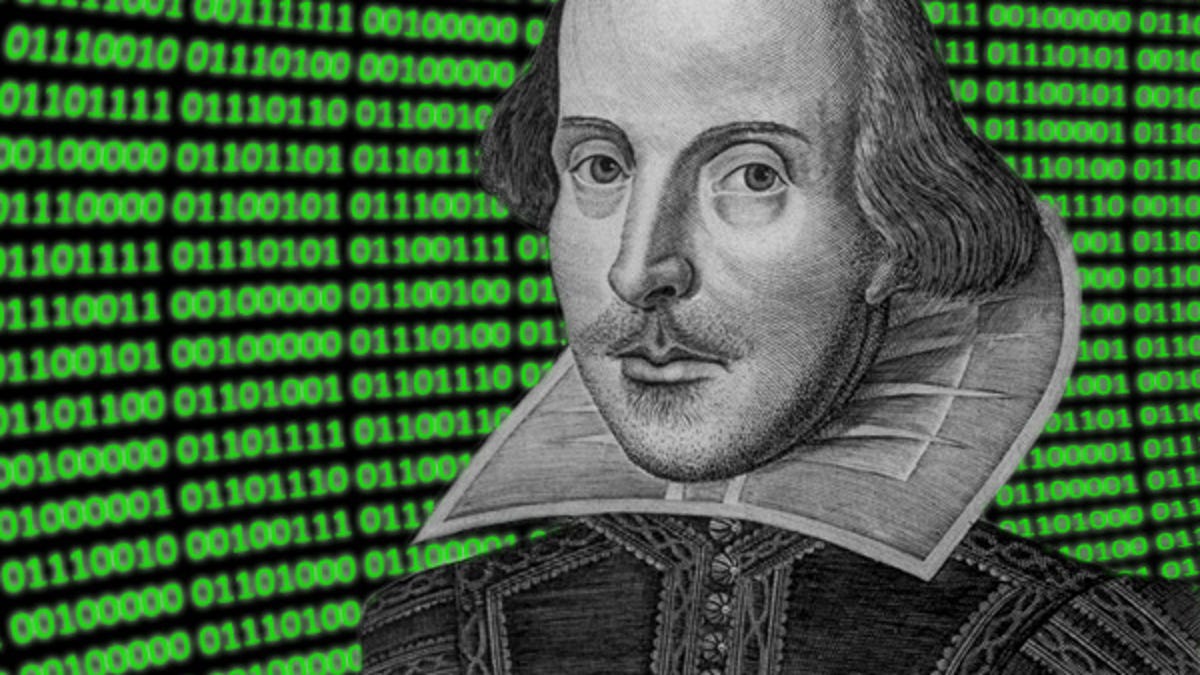AI composes poetry in the style of the classics
An AI created by a PhD student at MIT analyses the work of poets to choose the best words for new works that could have been written by the original authors.

An AI created by a PhD student at MIT analyses the work of poets to choose the best words for new works that could have been written by the original authors.
We're a long way from a true artificial intelligence, but programs are getting a lot better at learning and predicting our activity. Take a look at SwiftKey, a keyboard application for Android that learns your texting style for predictive text tailored to you.
It's this very tool that PhD student at MIT Media Lab J. Nathan Matias tapped into for a program that can — with a human co-writer — write poems in the style of... well, pretty much anyone who puts words to page, from Homer to Justin Beiber.
His creation is called Swift-Speare, and it uses SwiftKey's ability to analyse a personal lexicon to replicate idiosyncratic styles. Matias feeds the works of a specific poet into the program, and it returns with a bunch of words that poet is likely to use.
But, unlike Philip M. Parker's book-writing algorithm, Swift-Speare isn't at the point where it can author works itself. Via a visual touch interface he built, Matias chooses words from a list suggested by Swift-Speare and uses them to pen the final work. The following is based on Shakespeare:
Let base clouds stir the world's enshrouded tears
Which have no astronomy to be assail'd
Thus in thy fair appearance lay thy buried fears
Whose uncovering gaze my fond perception failed
The resulting works are what Matias calls "probable poetry": works authored by no one, but that could probably have been produced by the poet who inspired them.
Getting the program to work unassisted for a true AI poet will be the work of years, but Matias believes it can be done. "I think I'll see a successful automated poet in my lifetime," he said. "It won't be easy: a poet is more than someone who makes poetry. Yet that doesn't rule out algorithms."
You can see more examples of the co-authored works on Matias' web page.
Via techcrunch.com

